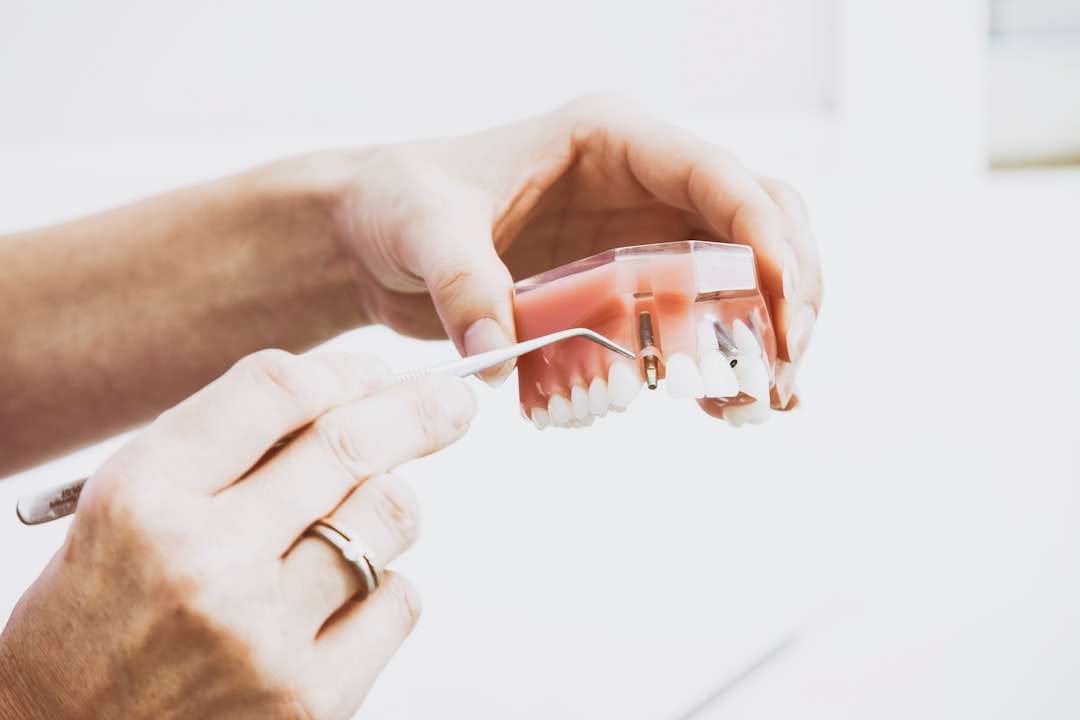 Photo from Unsplash
Photo from UnsplashOriginally Posted On: https://shoresidedentistry.ca/uncategorized/what-you-need-to-know-ahead-of-root-canal-treatment/
At Shore Side Dentistry, we offer some of the best endodontic care available in Oakville and its surrounding areas.
If you have been suffering from acute oral pain, today’s blog is for you: we discuss the ins-and-outs of what you need to know ahead of root canal treatment, what our team advises for post-treatment care, and our other related most frequently-asked questions.
What is Root Canal Therapy? When is It Used?Root canal therapy targets what is labelled the “pulp” of a tooth: beneath the enamel and dentin of a tooth lies the pulp, which is soft tissue made up of nerves, blood vessels, and connective tissues. This pulp reaches from the crown of the tooth down to its roots within the gums. Once a tooth reaches full maturity and no longer requires the nourishment the roots of the pulp provides, it can live without its pulp.
Root canal therapy is used for scenarios where this pulp is infected, inflamed, and/or decayed and involves removing the pulp from within the tooth to prevent the rest of your tooth from becoming compromised.
In cases where a tooth is too damaged to save via a root canal, a tooth extraction will be done instead to restore both the tooth’s aesthetics and functionality. For either treatment, our team will offer the sedation method (typically general anesthesia) best-suited to your situation to ensure that your procedure is efficient and comfortable.
What Post-Treatment Care is Advised? What Should Patients Know Ahead of Their Procedure?Firstly, it’s crucial for patients to know the warning signs that they may require a root canal. These warning signs include:
- Raised bumps or lumps on the gums
- A chipped, cracked, or broken tooth
- Sensitivity to hot and cold
- Swollen, tender, or inflamed gums
- Darkening of the gums
- Pain while chewing, biting, or speaking
Ahead of your appointment, our team will explain the procedure to you from beginning to end so that there are no surprises. From there, we will supply you with local anesthesia, remove the infected pulp, and seal it with a natural-looking white composite resin. If necessary, we will also administer antibiotics before sealing the tooth in question.
After a root canal, tooth sensitivity may occur. Our team will recommend over-the-counter or prescription pain medication depending on your health history. In the first few hours post-procedure, we recommend that you hold off on eating and speaking as to avoid biting your cheek or tongue while the anesthesia wears off. When brushing and flossing immediately post-procedure, be gentle to diminish any risk of being too harsh, and, in turn, triggering further pain and inflammation.
When Do We Recommend You Book A Root Canal Consultation?If you have any reason to believe that you have infected, decayed, or otherwise compromised tooth pulp, we recommend that you don’t hesitate: call us today if you have any further root canal-related questions or if you are looking to book an appointment.
